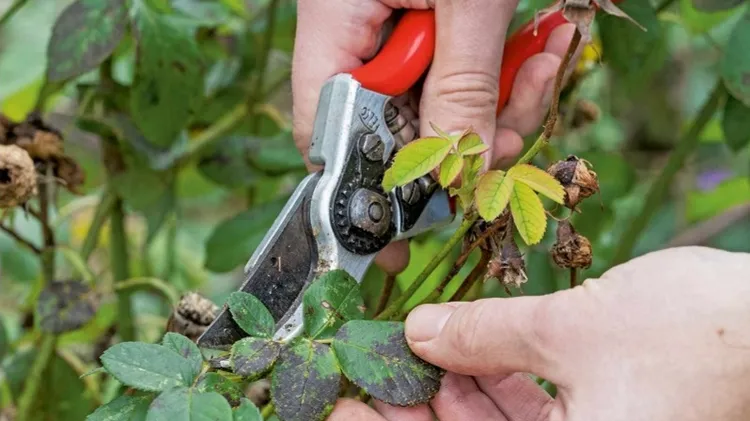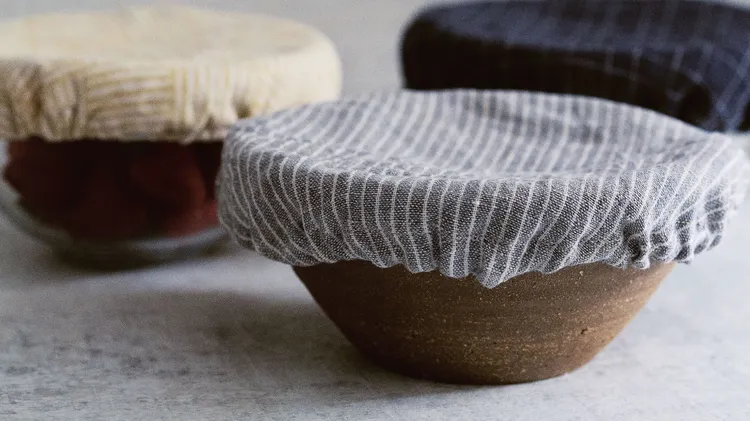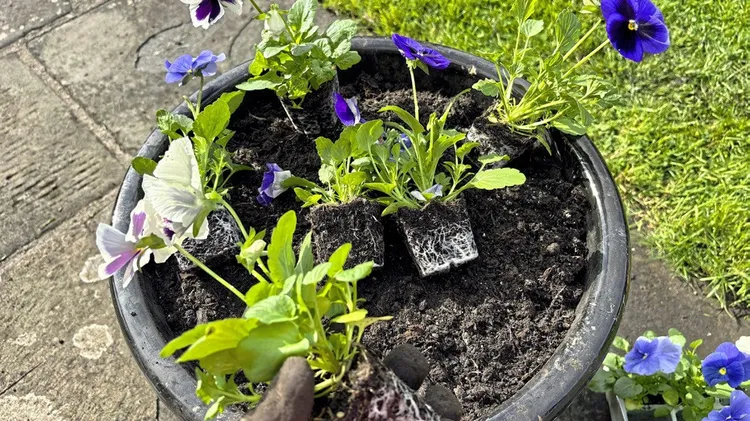Capture the taste of summer with a wild harvest of elderflowers – make yo
The elder in bloom
8 min read
This article is from...
Read this article and 8000+ more magazines and newspapers on Readly






